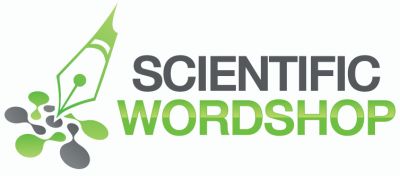

Unlike Google Translate, a professional translator has years of experience in the industry and a comprehensive understanding of the language and its nuances – that GT simply cannot compete with. GT may produce dubious or incoherent translations that may put the reputation of your brand at stake and even be perilous! Leaving your pharmaceutical product instructions or marketing materials in a professional’s hands is much safer and produces far better results.
Any experienced translator will tell you the same thing: all professional translators translate only into their native language. Doing this ensures a flawless translation that sounds native to the target audience.
This is moreover part of the key principles and good practice of this profession, as stated in particular in the code of conduct of the SFT: “Translators… translate solely into their native language or a language in which they are fluent…”
I work with the following formats, among others: Word, PowerPoint, Excel, InDesign and PDF and many more (please ask if the format you need is not on this list). Scanned PDF or other scanned formats are accepted too. However, scanned documents need to be converted into a translatable format beforehand and request a long final layout step. It is often even not possible to perfectly match the original this way. It is therefore always preferable to work with original editable formats.
Yes, and I recommend it! Track changes ensures modifications are implemented and allows for more transparency.
Of course, it always depends on the type of project and its word count. For your information, during weekdays, my standard turnaround time is three to four days for short documents (3-4 pages). For urgent projects, I can deliver within 24-48 hours, as long as it does not compromise quality and as the deadline is compatible with the mission, for an additional charge. Contact me to receive an estimate of the delivery time.
Proofreading addresses a text carefully, correcting spelling, and grammatical errors, typos and typography, generally without referring to the original document and without modifying the conveyed message.
Revision (or comparative revision), on the other hand, refers to the original document and examines the fidelity of the translation as a whole. It goes beyond proofreading and addresses the adherence to specifications and terminology, the compliance to reference materials, the style, the consistency of promises made within the text and thus ensures the message is correctly and clearly transmitted.
I provide both proofreading and revision as part of my quality control process or as an independent project.
The price of a translation depends on the number of words, complexity, format and urgency of your project. Get in touch for a cost estimate. A minimum fee will apply for small projects.
Fortunately, it does not need to be done by hand. In Word and in the translation tool I use, I get precise statistics of the word count of a document. For a scanned document, it is not as straightforward. Getting a precise word count requires additional steps in order to make the file editable.
I accept bank transfer only. The payment needs to be made one month after invoicing, unless agreed differently.
I normally do not request upfront payments unless a project is over €1,000. In that case, I may ask for 25% upfront. It is moreover possible to make partial payments based on delivery times of parts of the project.
I adhere in every circumstance to the code of practice of a professional translator (an example can be downloaded on the Website of the SFT of which I am a member) and in particular to the principles of trust, fidelity and confidentiality. I therefore implement strict information control procedures to certify the confidentiality of your data.
NDAs must be signed before a translation project begins. In the case that external sources are involved in different steps of your translation, they will all have signed an NDA as well.